In the heart of Rome, against the backdrop of ancient history and cultural diversity, Elena Dini organized a project that aimed to bridge the gaps between young Italians of Jewish, Christian, and Muslim backgrounds. The initiative unfolded in the form of a two-day residential workshop, held on two separate Sundays, designed to equip the youth with practical tools for fostering meaningful dialogue.
The workshop brought together a diverse group of about fifteen Italian youths, each representing the rich tapestry of their respective religious affiliations. The project’s collaborative spirit was evident in its partnership with influential organizations such as the Italian Catholic Bishops’ Conference, the local branch of the Jesuit Refugee Service, the youth arm of the Italian Jewish-Christian Friendship Federation, and a couple of local Muslim communities.
The project kicked off with a series of immersive experiences aimed at introducing the participants to various dialogue tools. The facilitators, handpicked for their expertise in interfaith communication, guided the young minds through activities that ranged from active listening to Scriptural Reasoning. The intention was clear—to not just expose them to these tools but to ensure they internalized the practices, enabling them to replicate, adapt, and critique them in different contexts.
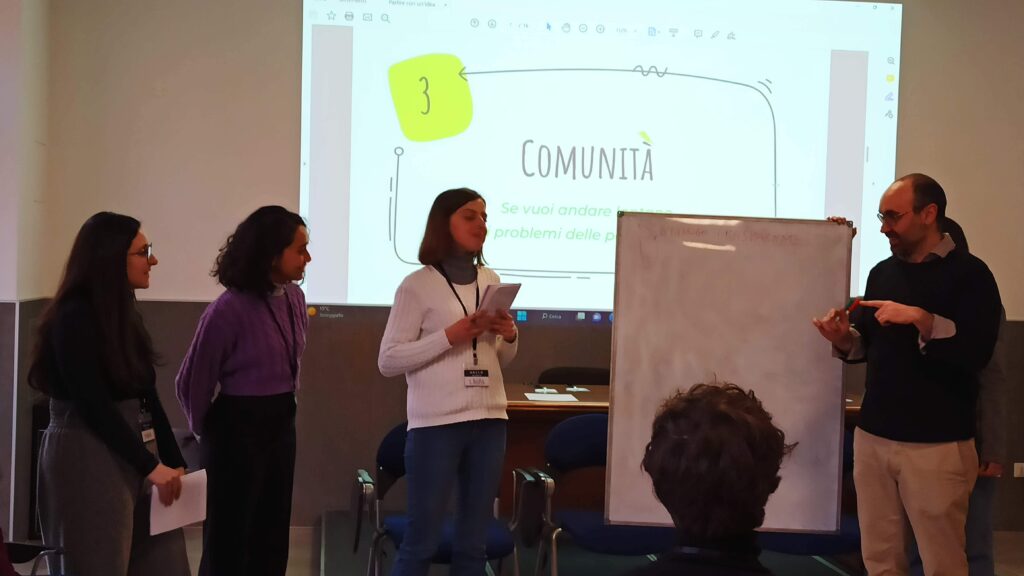
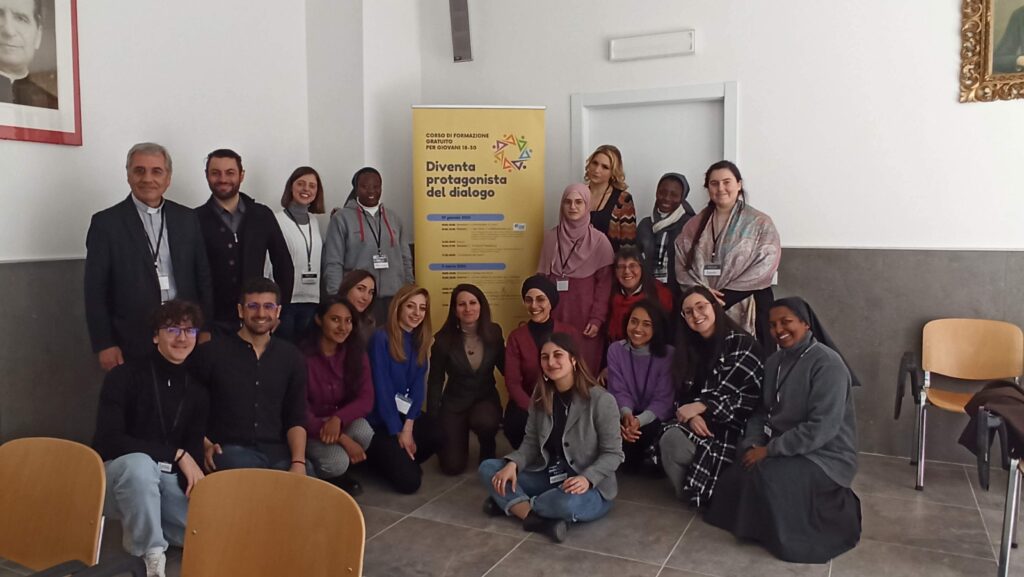
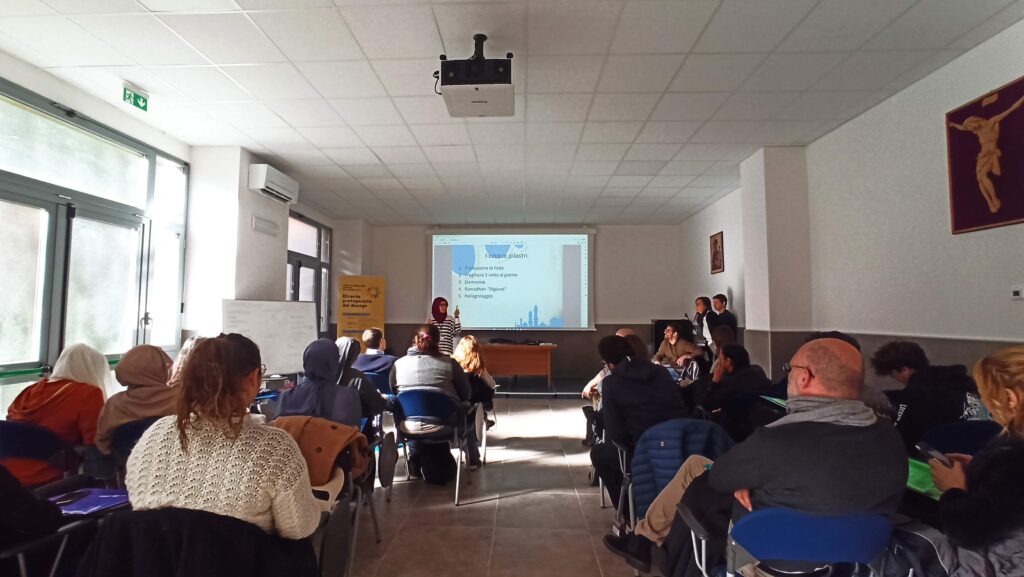
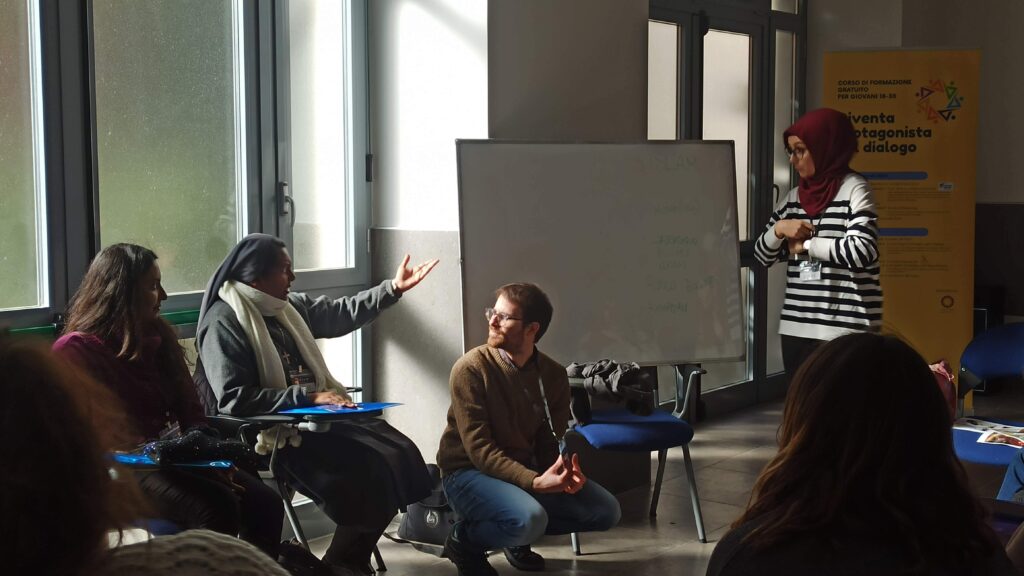
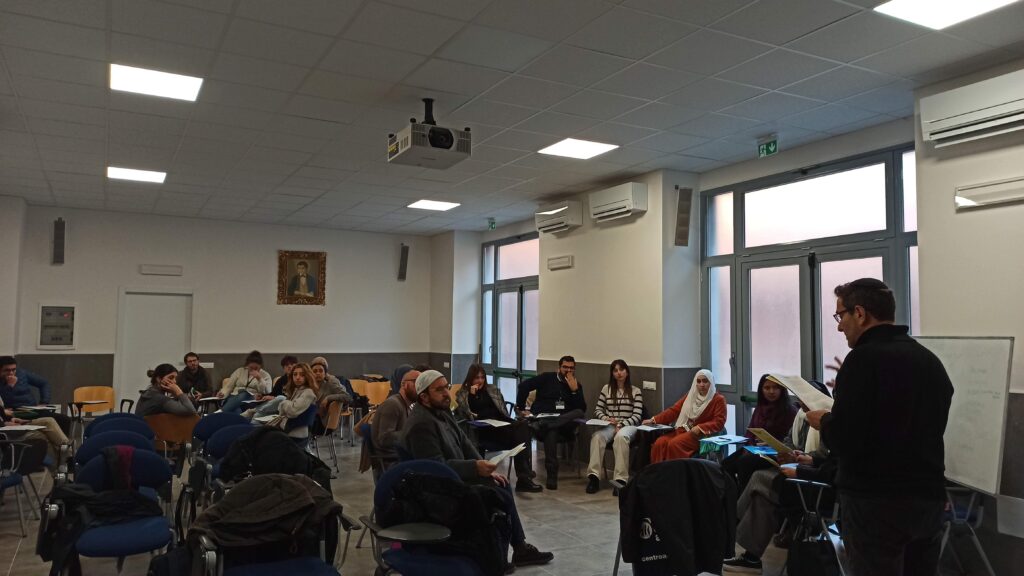
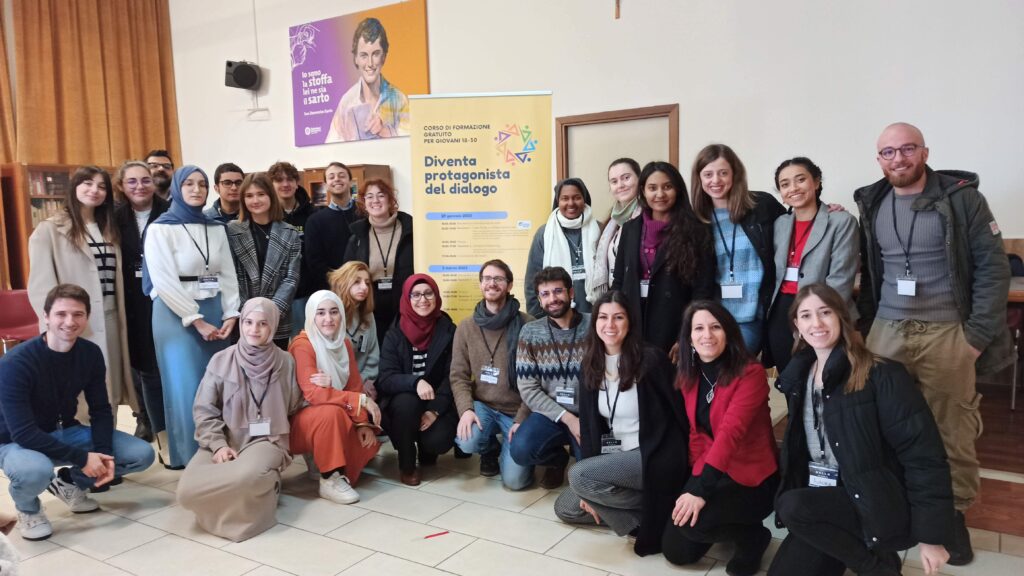
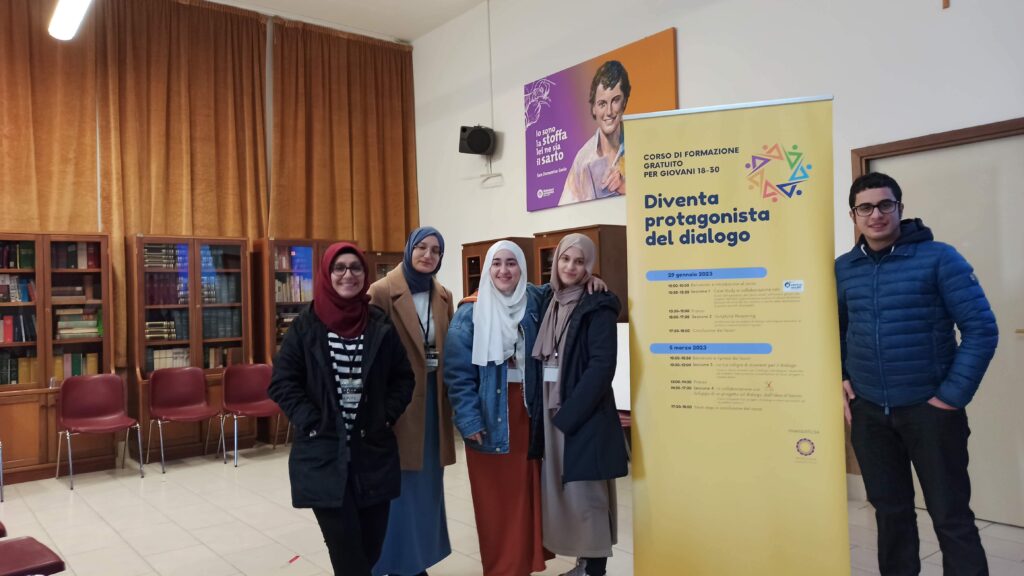
Throughout the workshop, the structure centered around sessions of practical, reflective experiences. The participants delved into the intricacies of active listening, honing their ability to hear and understand perspectives that diverged from their own. Scriptural Reasoning sessions followed, encouraging the youth to explore and interpret sacred texts from their respective traditions, fostering a deeper understanding of shared values.
Success stories of dialogue projects served as inspirational interludes, showcasing the tangible impact of interfaith collaboration. The young minds were then guided through sessions on project development skills, equipping them with the tools to initiate and sustain meaningful dialogues in their communities.
As the second day unfolded, the workshop reached its crescendo with a harmonious blend of reflection and action. The participants, now adept at employing the dialogue tools, engaged in sessions where they could practice and fine-tune their newfound skills. The facilitators provided valuable feedback, ensuring that each individual felt empowered to carry the torch of dialogue into their respective spheres.
Elena Dini’s workshop for young Jews, Christians, and Muslims in Rome emerged not only as a platform for dialogue but as a catalyst for understanding, respect, and collaboration. As the sun set over the eternal city, the seeds of interfaith harmony had been sown, promising a future where diversity was not a source of division, but a tapestry woven with the threads of understanding and unity.
